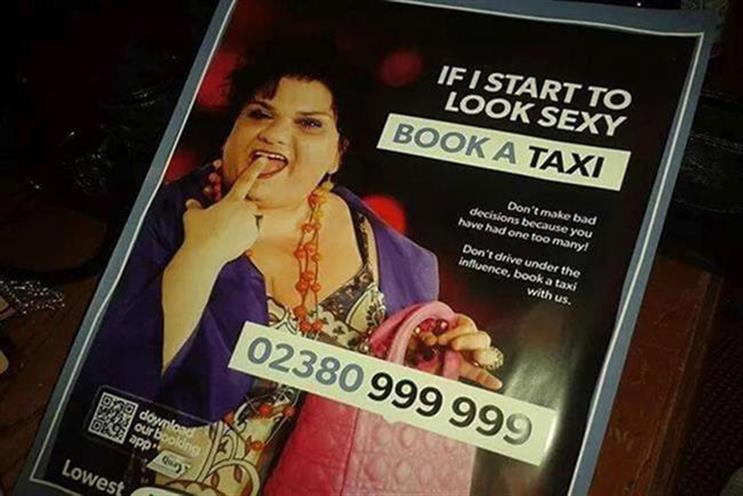
Advertisers will be banned from presenting gender stereotypes that "are likely to cause harm, or serious or widespread offence", the Committee of Advertising Practice has announced.
The new rule will be added to the broadcast and non-broadcast advertising codes on 14 June 2019.
CAP has also published guidance for advertisers on scenarios that are likely to be problematic, such as:
-
An ad that depicts a man with his feet up and family members creating mess around a home while a woman is solely responsible for cleaning up the mess
-
An ad that depicts a man or a woman failing to achieve a task specifically because of their gender – eg a man’s inability to change nappies; a woman’s inability to park a car
-
Where an ad features a person with a physique that does not match an ideal stereotypically associated with their gender, the ad should not imply that their physique is a significant reason for them not being successful – eg in their romantic or social lives
An ad that belittles a man for carrying out stereotypically "female" roles or tasks
Meanwhile, CAP said that the rule did not intend to prevent ads from featuring:
-
Glamorous, attractive, successful, aspirational or healthy people or lifestyles
-
One gender only, including in ads for products developed for and aimed at one gender
-
Gender stereotypes as a means to challenge their negative effects
The change follows a review of gender stereotyping in ads by the Advertising Standards Authority that found evidence suggesting that harmful stereotypes can restrict the choices, aspirations and opportunities of children, young people and adults, and can be reinforced by advertising.
The review was followed by a consultation on specific proposals, with the proposed restrictions supported by a majority of respondents.
Ella Smillie, gender stereotyping project lead at CAP, said: "The evidence we published last year showed that harmful gender stereotypes in ads contribute to how people see themselves and their role in society.
"They can hold some people back from fulfilling their potential, or from aspiring to certain jobs and industries, bringing costs for individuals and the economy. We’ve spent time consulting on new standards to make sure they target specifically those images and portrayals we found cause harm."
Shahriar Coupal, director of CAP, added: "Harmful gender stereotypes have no place in UK advertisements. Nearly all advertisers know this, but for those that don’t, our new rule calls time on stereotypes that hold back people and society."
CAP will carry out a 12-month review after the new rule comes into force to assess whether it is meeting its objective.




.jpg)
.jpeg)
